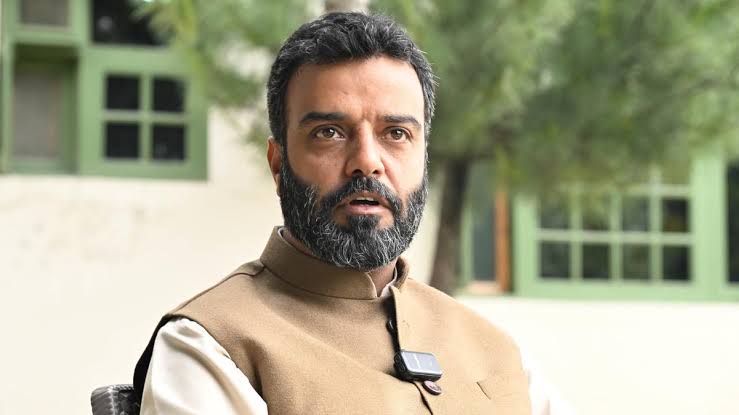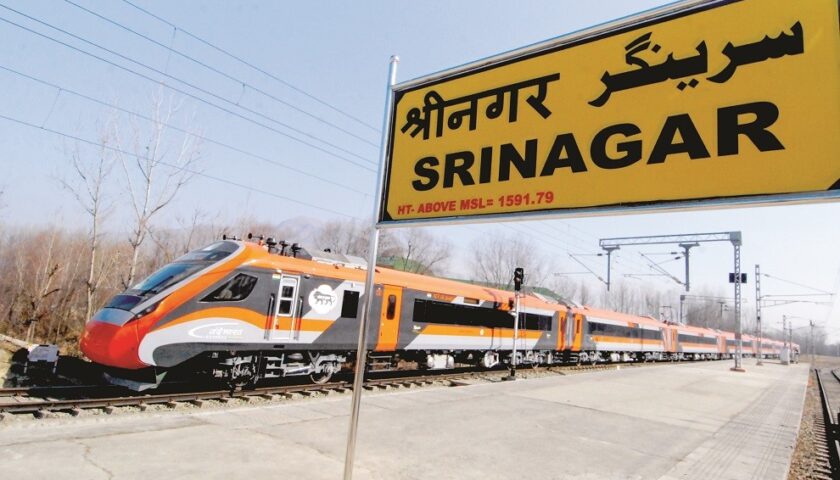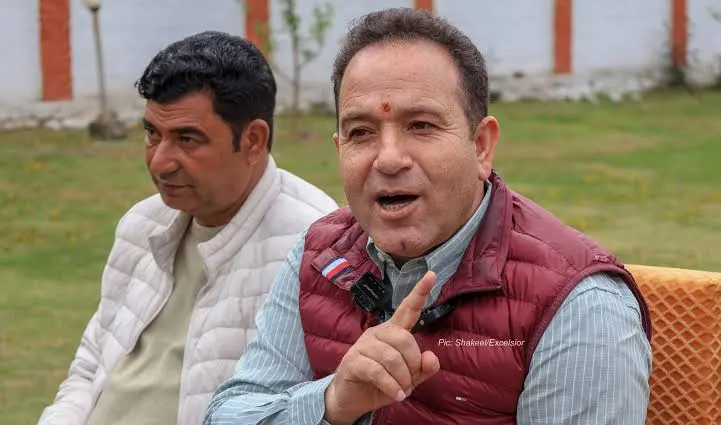Jammu & Kashmir 2018 Election Delay: How Article 370 Was Abrogated and Ladakh Unrest Ensued
By: Javid Amin | 29 September 2025
In the winter of 2018, Jammu & Kashmir’s political clock stopped ticking. The Assembly was dissolved, elections postponed, and governance handed to unelected administrators. Less than a year later, Article 370—Kashmir’s fragile constitutional bridge with India—was gone. Was this sequence of events a coincidence of crises, or, as opposition leaders now allege, a calculated design?
The Setup: November 2018
The evening of November 21, 2018, still echoes in Kashmir’s political memory. Then–Governor Satya Pal Malik abruptly dissolved the Jammu & Kashmir Legislative Assembly. The decision came hours after rival blocs—led by PDP chief Mehbooba Mufti and supported by the NC and Congress—claimed a majority to form government, while Sajjad Lone of the People’s Conference also staked his claim with reported BJP backing.
Caught in the standoff, Malik pressed the nuclear button: dissolution.
For the Constitution, this wasn’t meant to be fatal. Fresh elections were supposed to follow within six months. That never happened.
“The Biggest Robbery”
National Conference MP Ruhullah Mehdi doesn’t mince words today.
“It was the biggest legal and constitutional robbery,” he declared recently. “By delaying polls, the Centre engineered a vacuum in which they could revoke Article 370 without an elected Assembly standing in the way.”
The charge is severe: that New Delhi deliberately sidestepped democratic processes to ensure that when the axe fell on August 5, 2019, no local government could resist.
Constitutional experts agree that Section 53 of the J&K Constitution required elections within six months of dissolution. Instead, Governor’s Rule, and later President’s Rule, became the norm—an anomaly stretched into permanence.
The August Shock
On August 5, 2019, Parliament voted to abrogate Article 370 and bifurcate the state into two Union Territories. The move was justified by the Union Home Minister as a step toward integration and development. But in Srinagar, it was experienced as disenfranchisement under siege.
Thousands were detained, including Omar Abdullah and Mehbooba Mufti. Phone lines were cut, internet shut down, and streets patrolled by an unprecedented security blanket.
“It was not just constitutional change—it was constitutional conquest,” a Srinagar-based political scientist told me. “And the ground was prepared months in advance by denying elections.”
Opposition Voices: Then and Now
-
Omar Abdullah called the delayed polls a betrayal of federal trust. “The Centre weaponised our silence,” he has said.
-
Mehbooba Mufti framed it as coercion disguised as governance: “They denied us a government only to dismantle our rights.”
-
Ruhullah Mehdi sharpened the line, accusing Delhi of “using the Governor’s office to demolish democracy brick by brick.”
The BJP, for its part, insists the decisions were legal and necessary. Party spokespersons argue that the Valley was in turmoil after the Pulwama attack in February 2019, and that elections under such conditions would have been “impractical.”
Yet, for critics, the sequence feels less like necessity, more like design.
Timeline: From Dissolution to Abrogation
-
Nov 21, 2018 – J&K Assembly dissolved.
-
Dec 2018–June 2019 – Six-month constitutional window for elections expires. No polls announced.
-
Feb 2019 – Pulwama attack intensifies tensions. Security cited as reason to delay elections.
-
June 2019 – President’s Rule imposed.
-
Aug 5, 2019 – Article 370 abrogated; J&K downgraded to Union Territory.
A People’s Perspective
For ordinary Kashmiris, the sense of betrayal was less about legal clauses and more about lived exclusion.
“Every five years we voted, whether for NC, PDP, or Congress. But in 2019, our Assembly was missing. We were leaderless when the biggest decision of our lives was made,” said Aijaz Ahmad, a university lecturer in Baramulla.
Civil society groups call it a “hollowing of consent”—a transformation imposed in the silence of a broken electoral process.
Ladakh and the Wangchuk Factor
Fast-forward to 2025, and the ripple effects are visible beyond the Valley. In Leh and Kargil, violent protests erupted this September over statehood and Sixth Schedule protections. The arrest of climate activist Sonam Wangchuk added fuel to the fire.
Omar Abdullah drew a direct line between 2018 and today: “Ladakh was promised safeguards. J&K was promised statehood. Both have been betrayed.”
For him, the throughline is the Centre’s willingness to suspend electoral promises in favour of administrative control.
The Reformist Takeaway
What happened in 2018–2019 was more than a constitutional event; it was a collapse of trust. For critics, the delayed elections were not just a bureaucratic lapse but a strategic erasure of local will. For the BJP, it was a matter of national integration and security.
But the deeper question remains: can democracy be deferred for the sake of governance without eroding its very foundation?
Six years later, with J&K still awaiting statehood and Ladakh on the boil, the answer feels urgent.
“History will not remember the legality,” Mehbooba Mufti warned recently. “It will remember the silence forced on a people.”
What Article 370 Said
-
Granted J&K special status within the Indian Union.
-
Allowed its own Constitution and decision-making powers, except in defense, foreign affairs, finance, and communications.
-
Abrogated in August 2019, stripping J&K of autonomy and downgrading it to UT.
Voices from the Ground
-
“We felt like spectators in our own story.” — College student, Srinagar.
-
“They told us to celebrate UT. Now even Ladakh feels cheated.” — Shopkeeper, Leh.
-
“We are governed by Delhi, not represented in Delhi.” — Panchayat member, Anantnag.
Epilogue
The charge of a “constitutional robbery” may sound rhetorical, but it captures the depth of loss felt across the region. Kashmir’s politics, once noisy and tumultuous, was silenced by administrative fiat in 2018. Into that silence, history entered with a decree on August 5, 2019.
Whether one sees it as a bold act of integration or a betrayal of democracy depends on where one stands. But one truth is inescapable: the missing election of 2018 is the ghost that still haunts Kashmir’s future.




